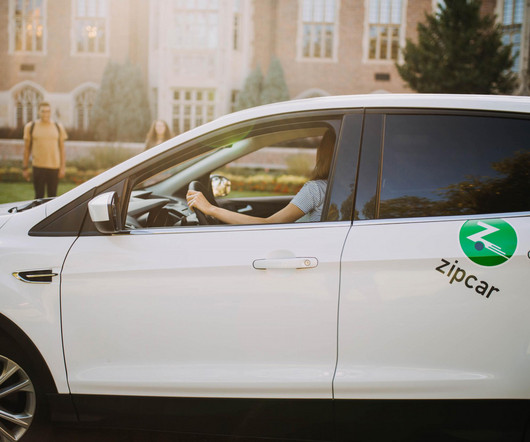NC State team develops new Si/C inverter; 12.1 kW/L & greater efficiency in a smaller, lighter package
Green Car Congress
SEPTEMBER 15, 2016
Researchers at the Future Renewable Electric Energy Distribution and Management (FREEDM) Systems Center at North Carolina State University have developed an inverter for hybrid and electric vehicles using off-the-shelf components made of the wide-bandgap semiconductor material silicon carbide (SiC). kW/L by 2020. Dhrubo Rahman, Adam J.











Let's personalize your content